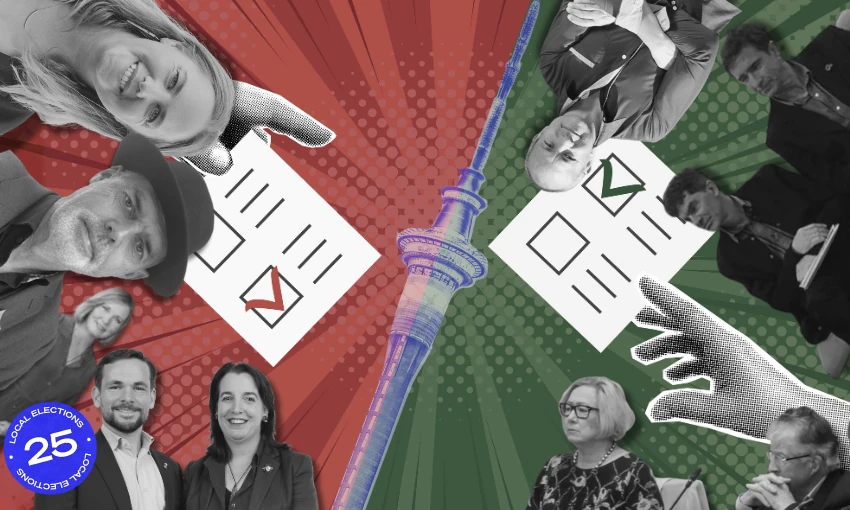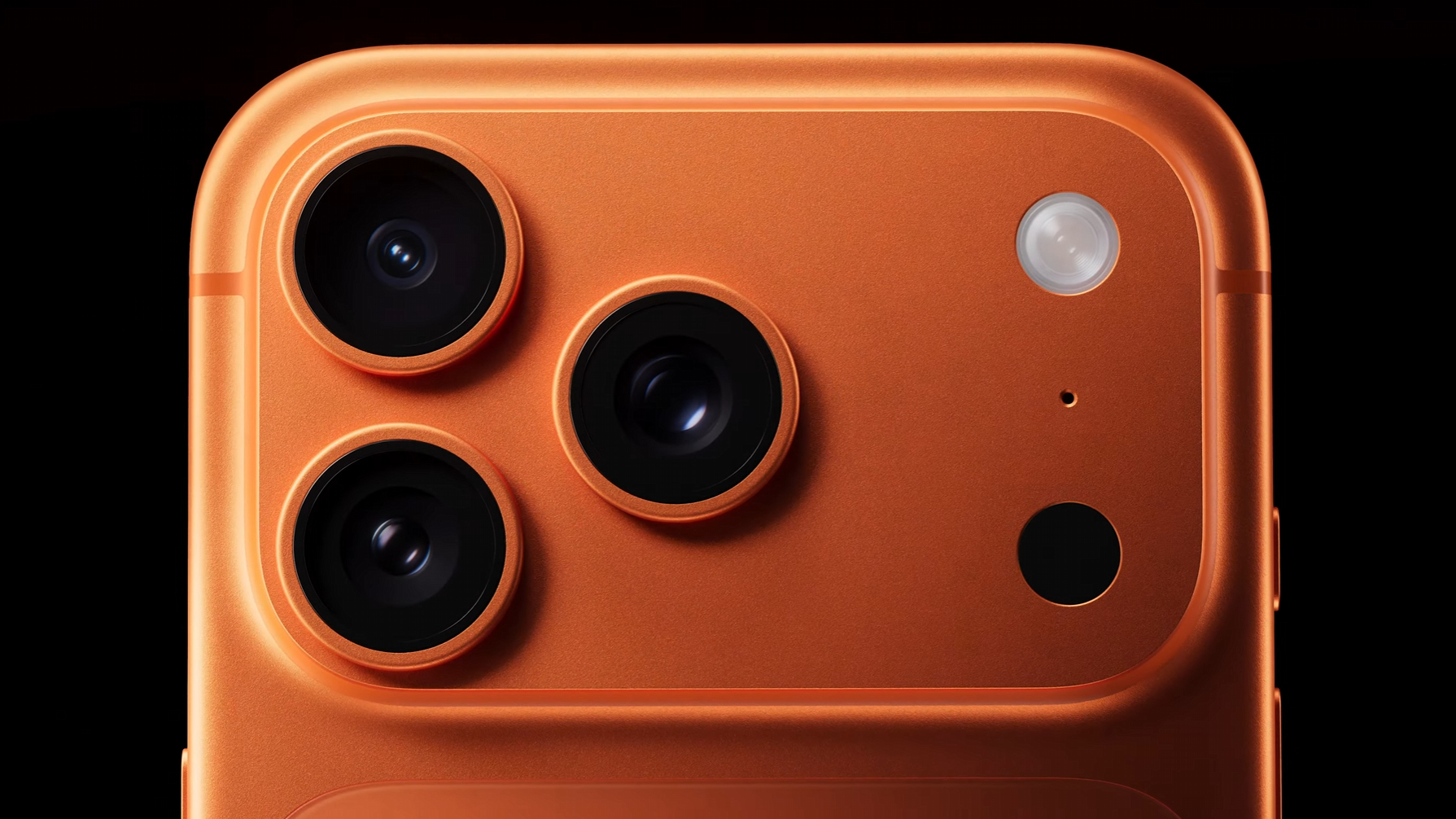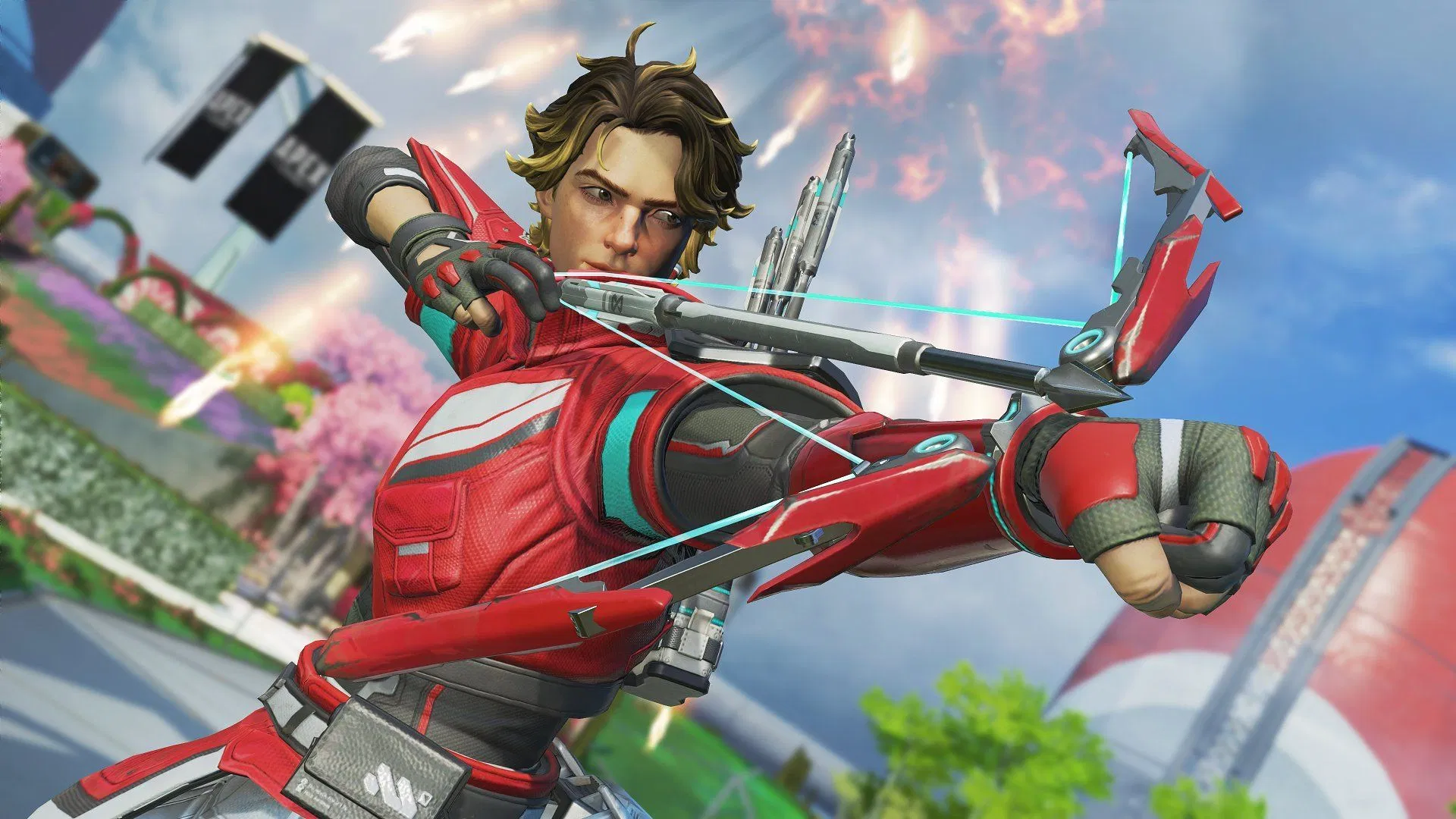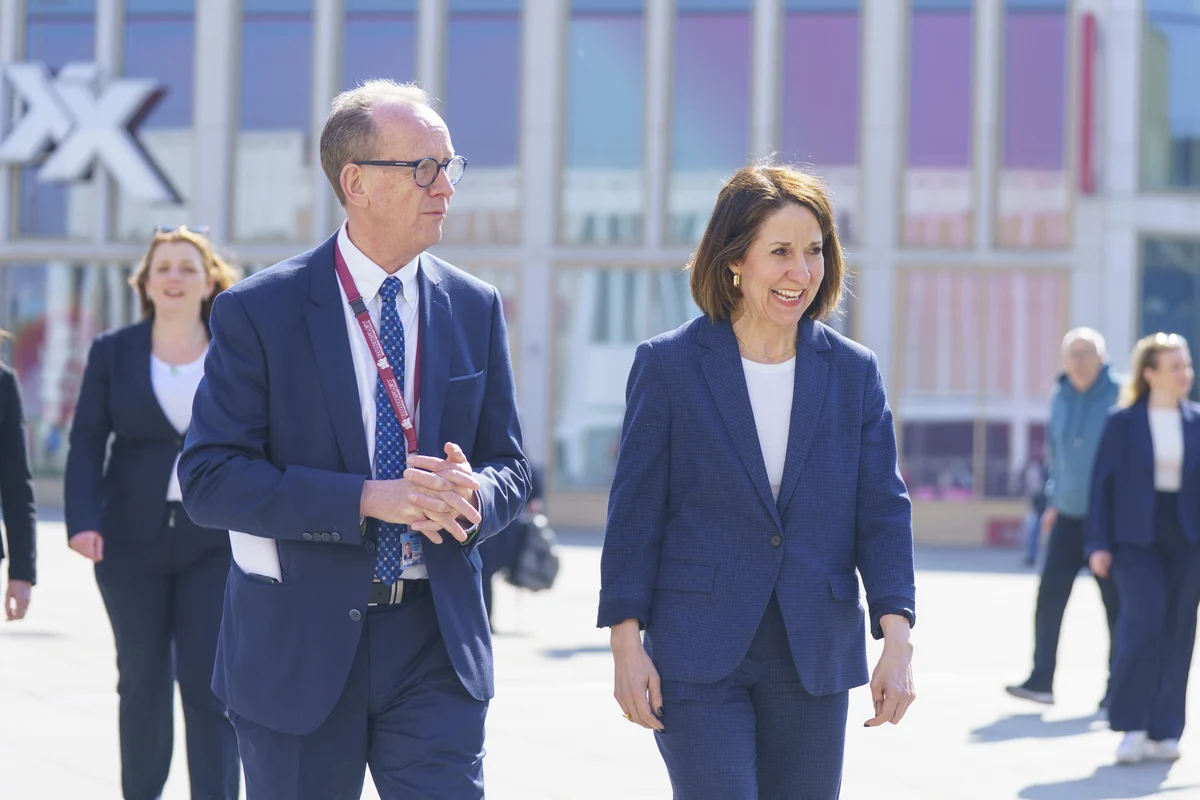By Hayden Donnell
Copyright thespinoff

Barring an admittedly quite precedented meltdown, Wayne Brown probably has the Auckland mayoralty in the bag. But the type of council he’ll lead will come down to the wire.
Wayne Brown isn’t that interested in his own election race. Auckland’s incumbent mayor hasn’t bothered to turn up to most debates, preferring to let his rivals argue with a picture of his face.
His public comments have been infrequent, and when they come, they seem to be part of a personal challenge to get as many insults about deputy prime minsiter David Seymour into the newspaper as possible.
Brown may be hoping to win the election by pretending to be dead. There’s some hard political calculus behind that approach. Though polls are sparse, one carried out by Freshwater Strategy on behalf of Brown’s camp puts his support at around 65% among likely voters. That’s 59% more than his presumptive main rival Kerrin Leoni, who narrowly trails Animal Justice Party’s Rob McNeil with 6% support among those casting a ballot.
Leoni disputes the reliability of the survey, pointing out it was commissioned by the mayor’s campaign and conducted before nominations closed. Even so, unless Freshwater has carried out the single worst poll in political history, Brown has a commanding lead. Given that, he’s turned his focus to what he says are the actual “big races” in toss-up council wards, which he knows could decide whether he spends the next three years leading a relatively supportive council team or getting yelled at over stadiums and character housing. “I’ve managed to get enough support every time I’ve wanted to do a major thing,” he told RNZ. “But it would be nice if I didn’t have to battle the same four people who oppose everything every time and are doing no good for their people.”
Brown obviously has some enemies he’d like to oust, but the pro or anti-Wayne front is far from the only battleground the election is being fought on. Several other wards will be tight races between candidates with diametrically opposed ideas, and they’ll shape the next council just as much as whether the winning councillor is extremely or only partially annoying to the mayor, starting with…
Craig Lord spent the last two elections running insurgent mayoral campaigns against more favoured rivals. His platforms were esoteric, mixing anti-rates rhetoric with calls for a monorail ringing the city centre. But if they had an overarching theme, it was a distaste for the current system, and a taste for outsider solutions, preferably ones run on a single track using magnets.
This time round, Lord has his sights set on the Whau electorate, which Leoni is vacating to run exclusively for mayor. His most prominent rival is Sarah Paterson-Hamlin, and the two couldn’t be more different. She’s Labour. He once tweeted “THANK YOU JACINDA… for quitting”. She’s been interviewed by woke teen website The Spinoff on how to get around west Auckland by bike. He’s said he’d get rid of those ridiculous cycleways. She’s focused on “meeting the climate challenge” in Whau. He doesn’t think the council should concern itself with emissions reduction.
Suffice to say, they’d be very different councillors. Paterson-Hamlin seems more inclined to work inside the system to achieve her aims. A disability advocate, she recently convinced the council to release its annual plan consultation on Easy Read. As a self-styled “council watchdog”, Lord’s specialty is more lobbing rocks from the outside. Some of those seem likely to hit Wayne Brown.
Lord is part of the Westwards team headed by council incumbent Ken Turner, who won an upset victory over Waitākere councillor Linda Cooper in 2022. The group is surprisingly populous, with 17 candidates running in four council and local board races. They even have matching hoodies.
Turner is going for re-election, but Cooper is also returning to try to win her old seat back. Though she’s a National member, she worked closely with mayor Phil Goff last term, and will be hoping to bring her electric brand of pragmatic centrism to the new council. Could it be Jessica Rose instead though? She’s running alongside Labour’s Waitākere incumbent Shane Henderson, who’s long been the loudest pro-housing voice on council. Her platform aligns with the Greens, with a focus on encouraging alternative transport and protecting the environment.
In Waitematā, an anti-housing incumbent is taking on an urbanist. Mike Lee spends a lot of time railing against apartments in the upmarket parts of his ward, and calling to protect highly renovated villas which get the label “special character” because they don’t qualify as heritage.
He’ll be up against City Vision candidate Patrick Reynolds, who’s spoken regularly and forthrightly about the need for more housing in places like Ponsonby and Mt Eden, which are well-served by public transport, and earmarked for billions of dollars in new Watercare infrastructure.
The race will likely be close, though Lee has received an unexpected boost from Ali Williams and Anna Mowbray, who became public enemies number one and two in Herne Bay with their application to build a helipad at their mansion. Lee has been a vociferous opponent of their bid.
Albert-Eden-Puketāpapa
In Albert-Eden-Puketāpapa, an anti-housing incumbent is taking on an urbanist. Christine Fletcher spends a lot of time railing against apartments in the upmarket parts of her ward, and has compared attempts to allow the redevelopment of highly renovated villas to “gang rape”.
Fletcher, who has served in politics for decades as a councillor, mayor and MP, likes to position herself as an outsider criticising the system. She faces a challenge from City Vision incumbent Julie Fairey and her running mate, Puketāpapa Local Board member Jon Turner, both of whom are standing on progressive platforms centred around housing choice and alternative transport provision. Turner in particular has taken an innovative approach to local government campaigning, delivering a topless talk on environmentalism at Waikōwhai Park and bravely heading to the corner of Upper Queen Street and Ian McKinnon Drive to report live at the morning peak of the war on cars.
Wayne Walker and John Watson, who have served in politics for decades as councillors in Rodney and Auckland, like to position themselves as outsiders criticising the system. When Wayne Brown talks about the people who oppose everything, he’s got them in mind. As the mayor notes, much of their time is devoted to saying no, nope, or sometimes, no way. They say no to rates rises. They also say no to budget cuts. They say no to downsizing Takapuna Golf Course, moving Western Springs Speedway, or potentially getting rid of North Harbour Stadium. They say no to climate change, and no to most interventions that would reduce council emissions.
Brown is over it, and regularly complains to the media about what he calls “the Albanians”. He has handpicked two councillors to run against them in Victoria Short and Hibiscus and Bays Local Board deputy chair Gary Brown. If either can break the Walker-Watson stranglehold on Albany, the mayor will have a much easier time in the next three years. Few have done it before, and chances are slim. Brown may win the mayoralty easily, but Albany is a tougher ask.



